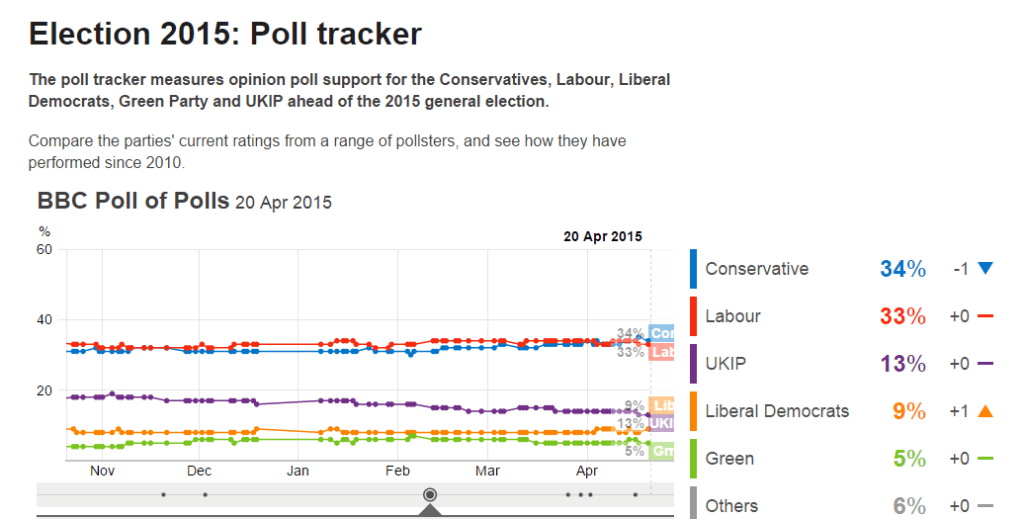Media commentary on British prime minister Rishi Sunak’s cabinet reshuffle largely misses the point – the exception being the FT’s Stephen Bush, whose newsletter came out after I started drafting this – and who is absolutely on point here. Most reflect on the ironies of the shock appointment ex-prime minister David Cameron to be Foreign Secretary, and the impact this may have on various groups of voters. Many cast it as the desperate act of a failing administration. I would rather see it as a rather brilliant move to the front foot.
First things first. The most important move yesterday was the removal of Suella Braverman as Home Secretary. She was never qualified for the job and, predictably, proved a loose cannon. But she is a darling of the Tory populist wing, who gave her a rapturous reception at the party conference – and her appointment was widely regarded as necessary for Mr Sunak to secure his uncontested nomination to the top job. Last week her attention-seeking criticism of the pro-Palestinian demonstrations and criticism of the police helped take the heat off Labour leader Sir Keir Starmer’s typically leaden response the Gaza crisis. This was an excellent opportunity for the Conservatives to cast doubt on Sir Keir’s ability to take on the job of prime minister. Instead the story was Ms Braverman’s extraordinary conduct – which included direct defiance of Mr Sunak in an article published in The Times. That undermined Mr Sunak’s authority. This exasperated respectable Tory-leaning voters in places like Tunbridge Wells, without doing much to rally disaffected voters in places like the West Midlands, site of a recent spectacular by election loss, which had been critical to the party’s success in 2019.
But by appointing Lord Cameron, as we must now call him, to the cabinet Mr Sunak relegated the Braverman story to the back pages. Instead of outrage by her supporters bringing attention to the fractured state of the Conservative Party, all anybody wanted to talk about was Lord Cameron and Mr Sunak stamping his mark on on the cabinet. Ms Braverman’s sacking was passed off with a shrug as a rather obvious move. She will try to regain the initiative – she is clearly politically ambitious – but it will be hard for her to recover. Her moment has passed. The Tory populists will seek out other standard bearers.
This will do much to reassure those voters of Tunbridge Wells, a short drive from where I live. Here a traditionally safe Tory seat is under attack from the energetic Lib Dem candidate, Mike Martin. These voters, to generalise, never rejected the Cameron brand of politics, as the West Midlands voters had. To them the problem with Ms Braverman wasn’t really her politics, it was the fact that she wasn’t a team player, and showed no particular signs of administrative competency. To people who are professionals themselves, as so many of these voters are, this is a cardinal sin. It is a point that the Brexit-supporting populists simply cannot understand. The professionals have warmed to Mr Sunak, who is well to the right of their normal politics, because he displays this professionalism – unlike his two immediate predecessors – Liz Truss and Boris Johnson. They abhorred former Labour leader Jeremy Corbyn with a passion, as he was the diametrical opposite of professional.
But, alas for Mr Sunak, Sir Keir is a consummate professional too. As is Sir Ed Davey, the Lib Dem leader – and indeed this group of voters rather liked the Lib Dem – Conservative coalition that Lord Cameron led, and probably like the idea of a Lib Dem-Labour one (anathema as that is to Sir Keir). Mr Sunak may have stopped a rout, but he will need to do more to secure a win.
To do that Mr Sunak will need to show that he is getting to grips with the crisis in public services, and the chaotic illegal immigration in small boats across the Channel. Pretty much all public services are in a sorry state, but the most important politically for now are the NHS, the courts and water and sewage (where problems are close to home in Tunbridge Wells). But to seize the initiative here Mr Sunak will need to unlock public spending, to invest in facilities and to restore lagging pay – otherwise he will not be seen as serious. This matters more than the tax cuts beloved of the Tory right. There is talk of cutting Inheritance Tax, as this is a wedge issue with Labour. Inheritance Tax does weigh heavily in the minds of the wealthier people of Tunbridge Wells, with its high property prices – but my guess is these voters would be unimpressed with such shameless politicking. The forthcoming Autumn Statement from the Chancellor of the Exchequer will be a critical test for this government.
But as Stephen Bush says, just as Mr Sunak was unable to capitalise on gestures to the populists because of his lack of follow-through, he will not capitalise on his gesture to voters of Tunbridge Wells for the same reason.




